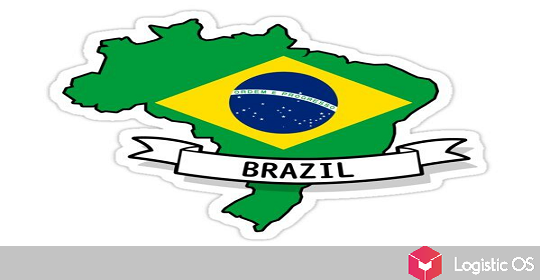In China, the second harvest of GMO rice was recently harvested, which once again broke records.
Local authorities rely on this rice to ensure the country’s food independence.
Chinese President Xi Jinping recently called it “a matter of national security of utmost importance.”
The new variety, which was created by the Chinese Academy of Sciences, has a number of advantages.
Its height is twice as high as that of conventional rice, and the last harvest from it was 12.6 tons per hectare, although conventional rice produces about 7 tons per hectare, that is, GMO rice is 1.8 times more productive .
By the way, a record harvest was obtained despite the fact that the rice was planted in a very difficult area with karst terrain. Despite this, the new variety performed well.
This gives reason to count on expanding the growing area of this rice variety, even in those areas that were previously considered unsuitable for farming.
The issue of co-cultivation of this rice with some aquatic species is also being studied.
It is possible that we are talking about ducks. Their excrement serves as a natural fertilizer and increases rice productivity, which reduces the cost of applying chemical fertilizers, thereby saving money and increasing the environmental friendliness of the final product.
In addition, aquatic species fight pests, reducing farmers’ costs on this expense item as well. At the same time, the new rice variety is generally more resistant to both pests and floods.
Chinese Ministry of Agriculture has big plans to increase rice yield
Currently, the PRC is one of the world’s largest buyers of rice, but from recent statements by officials of the Ministry of Agriculture we can conclude that this will not always be the case.
For example, China plans to increase rice exports by at least 24% over the next decade.
Obviously, before this we will have to resolve the issue of our own supply of this type of product.
The Chinese leadership explains: recently there have been processes on the planet that are causing alarm. These include climate change and geopolitical upheavals.
In such conditions, the best option for any country is to be independent from its neighbors, including in matters of food.
For example, over the past year, according to the UN, rice has risen in price by an average of 28%.
India, the largest supplier, decided to reduce supplies as its harvest declined.
New varieties could help China reduce its dependence on supplying countries and also reduce food import costs.

